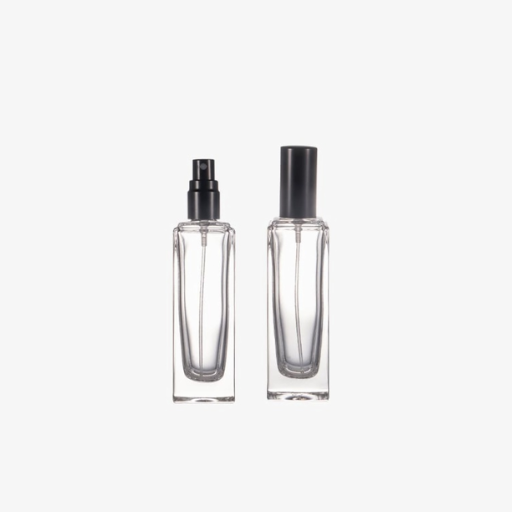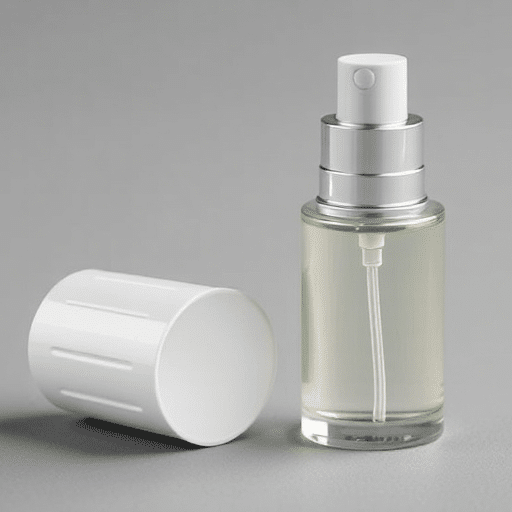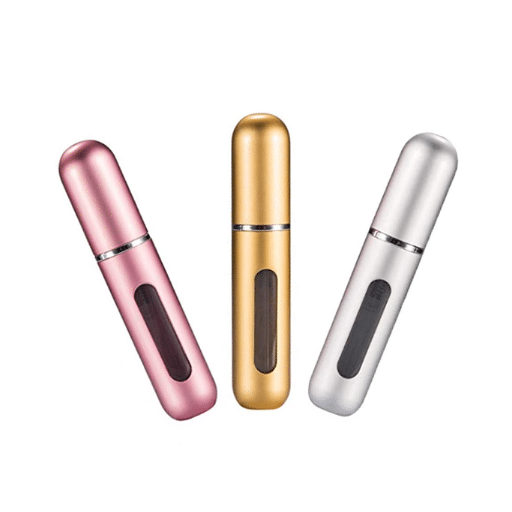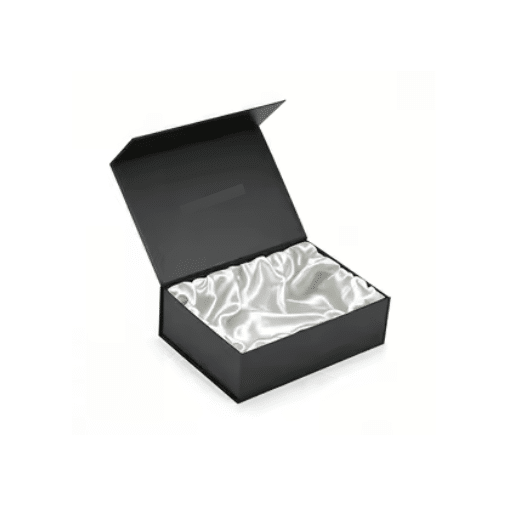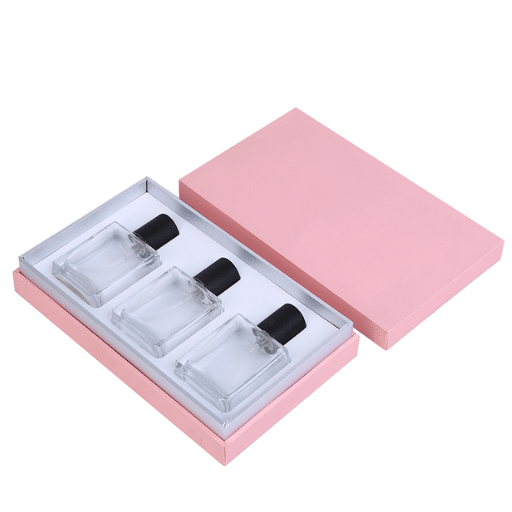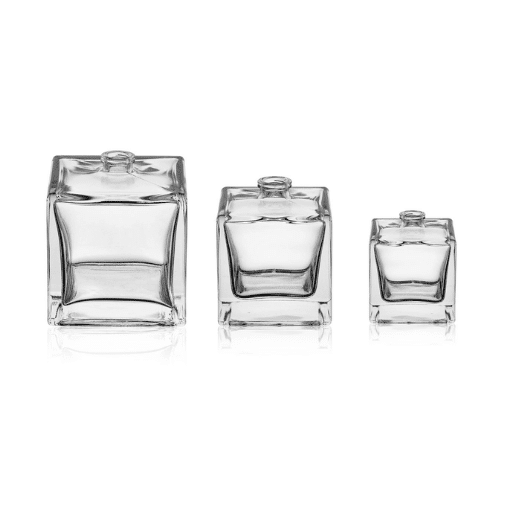Scented liquids are cherished for myriad reasons; perhaps you reserve them as gifts or simply wish to keep them untouched until the time is right. This begs the question: do your favorite scents lose their appeal over time? While some people believe that scents don’t go wrong as long as the seal remains unbroken, the truth can be surprisingly complex. In the text below, I will address the science behind seal longevity, adding my advice and professional tips, alongside answering the question of whether the bottle you’re looking at has the same fragrance as it did when you purchased it. You can claim as much as you want, get ready for us to break down misconceptions, reveal expert opinion, and present your put-to-practice methods where your perfume is bound to be intact for a longer time.
How Long Do Unopened Perfumes Last?
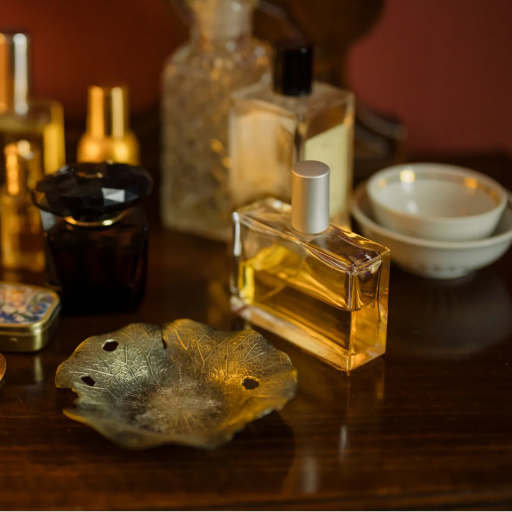
Typically, unopened perfumes can last 3-10 years. This is highly dependent on the composition and the storage conditions. For example, pure parfums have higher concentrations of essential oils than lighter perfumes such as eau de toilette. Therefore, pure perfume tends to have a longer shelf life. Essential oil is also known to have a shelf life of 1 to 3 years after opening so proper storage is key. The bottle needs to be kept in a dry area with no exposure to sunlight or extreme heat and fridges are also not ideal. These will all help to maintain the integrity of the fragrance. As for the expiration timeframe, perfumes do not have an official date, however, time and the right conditions will need to be met for it to provide the optimal experience.
Average Shelf Life of Unopened Perfume Bottles
The shelf life of an unopened perfume bottle largely depends on the formulation of the perfume itself and how the perfume is stored. For the case of high-quality perfumes containing a higher percentage of essential oils like pure parfum, these can last between 8 to 10 years if left unopened and kept stored properly. In contrast, eau de toilette or eau de cologne, which have lower fragrance oil concentrations, typically last 3 to 5 years. Exposure to light, heat, and air even in sealed bottles shorten this timeline. Other perfumes with natural ingredients or citrus notes can depreciate even faster due to their sensitivity to environmental factors. To ensure unopened perfumes remain in good condition for as long as possible, it is best preserved in a cool, dry, dark place while stored in the original box.
Factors That Affect How Long Perfume Can Last
1. Exposure to Light
Bright sunlight or strong artificial light can cause some chemical components to break down in your perfume. The essential oils and other ingredients may fade or change as UV rays destroy them. Research suggests that perfumes stored in dark places can retain their quality up to two times longer than those kept in bright conditions.
2. Temperature
Perfume molecules may be damaged a lot faster in high temperatures. Keeping a perfume in a cool place, ideally between 60°F and 70°F (15°C to 21°C), helps maintain the scent. Leaving a bottle in extreme heat, such as a car in the summer, can severely damage the fragrance.
3. Exposure to Air
Oxygen starts to oxidize the perfume once the bottle cap is opened. Air exposure tends to change the scent profile over time. In a scenario where the lid is tightly secured after every use, the air exposure is minimized, significantly extending the lifespan of the scent.
4. Ingredients Used
Those perfumes containing floral, citrus, or herbal notes are prone to degradation and losing potency much faster. On the contrary, perfumes containing synthetic fragrances are more stable due to their chemical structure.
5. Packaging Quality
Dark, opaque bottles guard perfumes against light’s heat. The packaged fragrance’s barrier can be, its surroundings add to the longevity.
6. Storage Conditions
Resting places like bathrooms are wet and can affect a perfume if any moisture seeps in. To maintain a fragrance’s stability, a closet or a drawer which is dry and dark is best.
With these measures, perfumes can last for years while retaining their quality.
Different Types of Perfume and Their Shelf Lives
Based on the concentration of fragrance oils, perfumes are classified into different types which affect their scent longevity and shelf life. They are divided into four main categories which focus on their characteristics and shelf lives:
Parfum (Extrait de Parfum)
Parfum has the highest concentration of fragrance oils with 20–30% of the work composition. Often lasting 8 hours or more, it is the most long-lasting when applied. Given the rich composition, parfum tends to have a shelf life of 7 to 10 years if stored away from light and heat.
Eau de Parfum (EDP)
Eau de Parfum has a slightly lower oil concentration of 15–20%. It offers a strong, lasting scent that endures 4 to 6 hours after application which makes EDP one of the most enduring perfumes. EDP has a typical shelf life of 5 to 7 years and proper storage can further enhance its longevity.
Eau de Toilette (EDT)
Lighter than EDP, Eau de Toilette (EDT) is ideal for everyday use because of its 5% to 15% fragrance oil concentration. Its scent usually lasts around 3 to 5 hours. EDTs expire after 3 to 5 years, although this can be slightly prolonged when stored in a cool, dark environment.
Eau de Cologne (EDC)
As a result of EDC’s low fragrance oils concentration, typically between 2% to 4% scent strength, it has a very light and short-lasting scent. With a lighter composition, EDC’s scent lasts for 2 to 3 hours and has a shorter shelf life of 2-3 years.
Eau Fraîche
Eau Fraîche contains 1% to 3% fragrance oils, making it the weakest scent among perfumes. It has a shelf life of 1 to 2 years, because of its delicate nature. Its scent lasts 1 to 2 hours while containing high water and low alcohol content.
Factors Influencing Shelf Life
The composition of a perfume determines its shelf life. For instance, perfumes containing a higher proportion of alcohol or synthetic stabilizers often outlast those with natural ingredients owing to the lower oxidation rate of alcohol compared to natural oils. In addition, proper storage is another pillar of importance in this regard; light, heat and air may accelerate the degradation of the fragrance over time.
Can Unopened Perfume Expire?
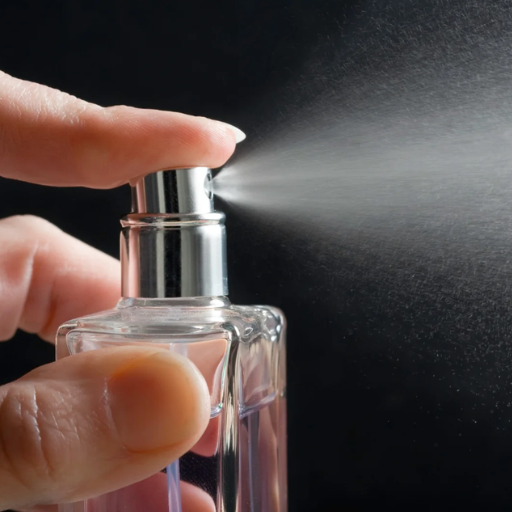
Indeed, unopened perfume does go bad. Even though unopened bottles of perfume outlast their opened counterparts due to lack of air and light interaction, they still suffer from the slow breakdown of their constituent ingredients over time. Generally speaking, most unopened perfumes last up to 3 to 5 years if stored in a cool, dark, and dry place. However, some perfumes with higher concentrations of natural ingredients may go bad sooner. To ensure optimal experience, it is best to use perfumes before their recommended shelf life.
Signs Your Unopened Perfume Has Expired
An unopened perfume showing these signs is most likely expired. From my experience, a perfume will often show signs of expiration if the liquid changes color, is cloudy or has darkened in color. Additionally, a perfume may change scent to an unpleasant one. Finally, the liquid in the bottle may crystallize or see sediment forming at the bottom of the bottle. These changes indicate the perfume has well surpassed its expiration date.
Understanding Expiration Dates on Perfume Bottles
Factors such as the fragrance’s composition, its storage conditions, and packaging design affect expiration dates on perfumes. Each perfume can last three to five years on average. However, citrus-based scents along with lighter floral fragrances tend to deteriorate much faster due to the volatility of their ingredients. Meanwhile, perfumes classified as woody or oriental tend to last longer because of their high concentration of base notes.
The Period After Opening (PAO) symbol is one of the more important indicators found on perfume bottles and boxes. It indicates how long a product is effective for after being opened. For example, the 12M symbol means the perfume must be used up within 12 months of opening. Furthermore, several manufacturers are now adding a batch code that users can check online to confirm its production date, thus eliminating any questions regarding its freshness. The shelf life of a perfume can be affected by its proper storage. Likewise, heat, light, and air exposure accelerates the breakdown of the fragrance’s ingredients. However, keeping perfume in a cool dark place might preserve the quality a while longer. If measured sun exposure is implemented. While maintaining these simple details can allow you to enjoy the intended duration.
Why Fragrance Molecules Break Down Over Time
A fragrance’s scent molecules undergo breakdown due to a specific environmental and chemical combination. One oxidation is one of the main contributors to a scent’s degradation. Opening a perfume bottle allows its contents to interact with air, which brings in oxygen that can bond with the fragrant molecules, especially for volatile components like floral and citrus notes. An erosion of fragrance’s bonds occurs resulting in both degradation and a changed original scent profile.
Also, ultraviolet (UV) light is a key contributor to molecular degradation. The rays emitted can initiate photochemical reactions that distort certain benign substances like aldehydes and natural oils. In essence, the reactions could produce off-smelling compounds that recharacterize the fragrance.
Chemically active components in perfumes also heat up which speeds up the breakdown process. In particular, the unassuming lighter scent molecules can undergo accelerated evaporation, causing an imbalance of the scent due to unmoderated fragrance composition. Ideally, fragrance should be kept in a temperature-supportive environment which is between 15 degrees Celsius and 20 degrees Celsius (59 degrees Fahrenheit to 68 degrees Fahrenheit) to lessen these effects.
At last, the blend of the fragrance also matters. While natural components are treasured for their richness and complexity, they are unstable and deteriorate more rapidly than their synthetic counterparts. Therefore, both formulation and storage vitally support a perfume’s integrity for as long as possible.
What Makes Unopened Perfumes Go Bad?
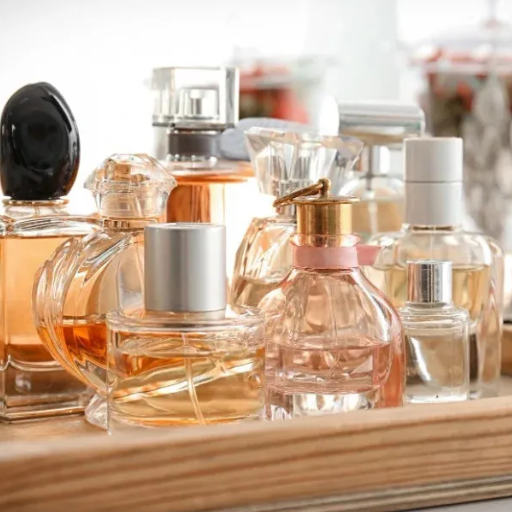
Unopened perfumes can go bad due to a naturally occurring change in chemical composition over time. Unopened bottles are not immune to heat, light, and air which gradually erodes the fragrance’s molecules, even if the bottle stays sealed. Moreover, some natural components of perfumes have an accelerated rate of oxidation and spoilage that alters the scent. While keeping the bottle in a cool, dark, dry environment can help slow down time, no perfume is timeless.
How Storage Conditions Affect Perfume Shelf Life
Maintaining proper storage conditions is critical in preserving the quality and longevity of perfumes. Research shows excessive heat, light and air exposure rapidly degrades perfumes, removing their original scent profile. As an example, one study showed that perfumes stored at temperatures of 25 degrees Celsius increase the rate of oxidation. Alongside the change in fragrance, there would be a noticeable change within months.
High humidity is another big issue. Environments with high humidity levels like bathrooms, put perfumes at a greater risk of contamination and evaporation. To mitigate these risks experts recommend keeping perfumes away from hot and well-lit areas and suggest a temperature-controlled, cool, and dark environment of 15-21 Celsius. UV light exposure can also ruin fragrance molecules, which makes opaque and UV-protected bottles essential for long-term preservation.
Each time the lid is securely fastened, less air comes into contact with the perfume enabling easier preservation of its chemical stability. Keeping the bottles in an upright position also prevents contact with internal seals. Following these conditions significantly extends the shelf life of your favorite fragrances.
Why Light and Heat Cause Perfume to Expire Faster
The light and heat exposure effects on a fragrance’s chemical constituents make these elements one of the most significant catalytic accelerators in the degradation of perfumes. Perfume contains molecules especially sensitive to UV (electromagnetic) radiation which can lead to oxidation and a change in scent. Research demonstrates that UIV exposure directly can lead to components such as alcohol and essential oils catalyzing with oxygen at an alarmingly progressive rate, resulting in a fragrance profile that is weaker and distorted beyond recognition.
The breakdown of perfume volatile compounds is also worsened by high temperatures. Research also shows that most fragrances maintain their integrity when stored at 15°C to 20°C (59°F to 68°F). Heating them above this range is detrimental because increased energy in this range starts destabilizing the molecular framework which leads to top notes evaporating too fast which leads to an unbalanced fragrance. In addition, warm moist environments can alter the packaging which can lead to the perfume being contaminated with impurities.
The use of windows and heating devices should be avoided to keep odors vibrant. Proper precautions must be exercised as moving scents away from warmth ensures true fragrances for times expected.
The Impact of Air Exposure on Unopened Fragrances
There is no exception to the effects of air exposure, even for unopened fragrances. Exposure to air (no matter how small) could lead to fragrance compounds undergoing inflammation which can impact quality. As fragrance compounds oxidize due to exposure to air, their scent profile may change. The top notes (in many cases citrus) are especially the most vulnerable as they are fragile and volatile in nature.
In addition to the aforementioned, air exposure could lead to degradation of certain perfume ingredients’ chemical stability as well. Fragrance industry data suggest that aldehydes along with other natural oil-based components face air more than their fair share of unwanted chemical changes, thus potentially shortening their lifespan. To retain sealed fragrances, preserving them unattended needs no effort in the form of placing them in airtight preserves and keeping their seals sealed and unaffected. The risk of air exposure is further reduced by placing perfumes in their boxes.
How to Store Perfume to Make It Last Longer
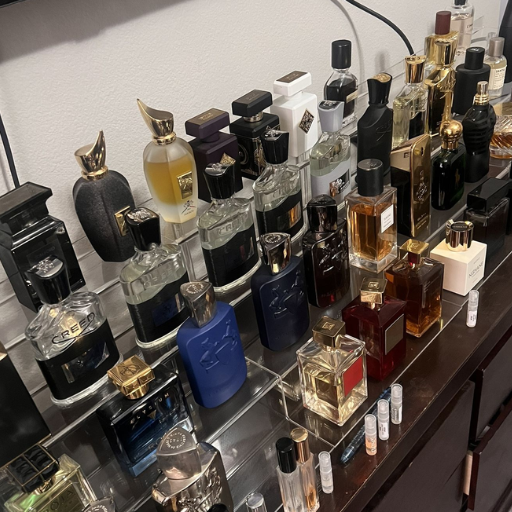
To ensure your perfume retains its quality, store it in a cool, dark, dry area that is not exposed to sunlight and heat. Never store it in a humid region like a bathroom, as this moisture can dampen the fragrance’s quality. Always keep the bottle tightly sealed, as exposure to air can result in evaporation and oxidation. Keeping the perfume in its original box or drawer can provide extra protection from light and temperature fluctuations. Following these steps will keep perfume from spoiling too quickly.
Best Places to Keep Your Perfume Collection
The right storage location is essential in maintaining the quality of your perfume collection. An ideal storage spot is a drawer or cabinet that is dark and cool, as both factors protect against temperature changes. Burns stated that excessive heat alters the oils and chemicals used in fragrances, diminishing their smell over time. Perfumes should be kept at a stable room temperature of 59°F to 77°F (15°C and 25°C) so their fragrance profile remains intact.
A storage or a closet shelf positioned away from windows and direct sunlight is literally another wonderful option. Research shows that UV light is among the leading causes of perfume degradation due to its ability to trigger chemical reactions in the liquid. For him, buying a small fragrance refrigerator frees up space. It provides modern temperature control and protects the perfumes from outside elements.
Furthermore, try not to keep your perfumes on bathroom counters as displayed items. The special humidity and frequent temperature fluctuations can quicken spoilage. Aiming for aesthetic and functional appeal, a closed cabinet with tinted or frosted glass doors can display your collection while offering protection from light. Thoughtful placement will optimize the longevity of the scent and freshness.
Should You Store Perfume in the Fridge?
Refrigeration benefits perfumes with gentle natural compositions that spoil easily, as long as certain prerequisites are met. External light, air exposure, and heat influence how long a perfume lasts, and lower temperatures can restrain the degradation of fragrance molecules. Research indicates that perfumes store best at approximately 50°F to 60°F (10°C to 15°C), so for some, a fridge could work.
Not every type of perfume is fit for cold storage. The tighter environment could freeze the fragrance profile of some alcohol-based perfumes, dulling the top notes. It is very important that the fridge temperature is stable, and the bottle sealed airtight so no condensation can settle. Rare collectors or those with precious natural-based perfumes might benefit from extended shelf life, but must always follow any specific recommendations from the producer to avoid adverse effects.
Why You Should Never Keep Perfume in the Bathroom
Even though keeping perfume in the bathroom may seem appealing, it may greatly shorten the fragrance’s lifespan and quality. The bathroom’s environment is usually accompanied by a mix of humidity, dinner temperatures, and both artificial and natural light, all of which are bad for perfume. Fragrances are made up of delicate chemical compositions which over time can break down due to temperature changes and moisture in the air. For example, sustained heat can accelerate the oxidation of alcohol and other volatile components, while humidity dilutes the essential oils in the fragrance.
Additionally, keeping perfume in the bathroom cupboard or drawer does not mean that it will be shielded from these conditions. Some perfume components may become discolored or emit an off odor due to exposure to UV light which breaks them down. Perfume experts believe that their product achieves a much longer shelf life when kept in dry, cool, dark places such as closets or dresser drawers that are stable when it comes to temperature and light. Staying away from the bathroom when trying to store the perfume gives you a higher chance of preserving the longevity and integrity of the perfume investment.
Is it Safe to Use Expired Perfume?
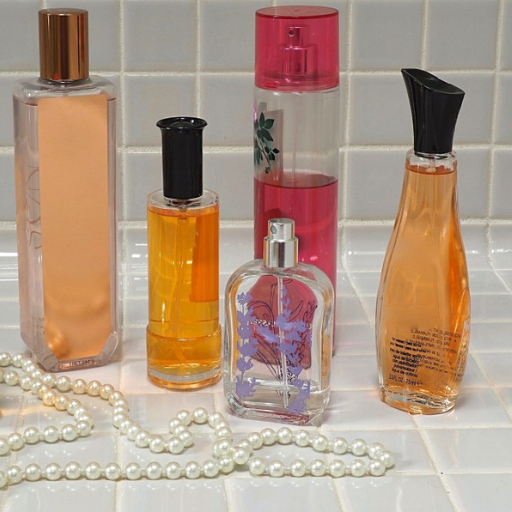
In general, the use of expired perfume does not pose any danger, but it is worth noting that quality and scent might alter over time. An expired perfume may lose its original fragrance, or even acquire a different smell due to certain chemical processes. Nonetheless, it is advisable to stop using a perfume that has changed its color, has a strange odor, or has become caustic to the skin. When using perfumes of questionable validity, apply a very small amount to a less visible area to test for any skin reaction before using it more liberally.
Potential Risks of Using Perfume Past Its Shelf Life
Wearing perfume past its expiration date can lead to several problems more serious than just losing the scents he enjoyed so much. With time, the aroma of the perfume is not the only component that alters, its chemical makeup may also change. This may lead to certain skin problems for some users. According to some dermatologists, aged perfumes tend to oxidize and form new compounds such as formaldehyde which is known to cause skin irritation, burning, and inflammation.
In addition, the effectiveness of expired perfumes may be reduced or they may emit an unpleasant odor as a result of the breakdown of the perfume’s molecular structure. An example would be fragrance notes of citrus and floral which are quite susceptible to rancidification. A study on the stability of fragrances found out that perfumes that were improperly stored, for example, in warm humid places or exposed to sunlight, were decaying much faster than the rate at which they would formally expire.Eg: rinse out containers holding oil-based perfumes.
Highly volatile alcohol-based products will leave a residue over time, leading to skin irritation or rash for those with highly sensitive skin. Verify the directions and try your best to follow them because storing perfumes in dark cool places reduces the chance of breakdown. While it is better not to use the product after its stated expiry date, note that any discoloration or sediment means it’s best not to use it barring other complications.
How to Tell if Your Favorite Perfume is Still Good
Checking if your perfume can still be used requires considering several important factors. First is considering scent; a change in smell, especially stronger smells of alcohol or an unpleasant tang, is likely a sign of spoilage. Depending on the composition perfume lasts between 3-5 years with lighter citrus scents usually expiring faster than richer wood and oriental fragrances.
Look at scents appearance too; a change in color or sediment could mean the perfume has undergone some chemical changes over time. A yellowed or darker hue than was purchased may imply oxidation. Stray light and heat are the two main causes behind such changes, which is why proper storage is critical.
Caps and leaks could provide clues too. Ruined caps or leaks mean that air is now getting into the bottle, which logically means the perfume can degrade quickly. For best results, perfumes should be kept in their boxes. Well sealed and shielded from direct light, temp changes, and close to sunlight greatly assist the longevity of perfumes too. With no harsh conditions, perfumes can last many years, making proper care necessary to sustain their lifespan.
How to Properly Dispose of Expired Perfume
Responsible disposal of lapsed perfume is important for the environment. Pouring the leftover perfume into a sealed container filled with coffee grounds or cat litter and then disposing of it in the household waste bin is one effective strategy. The container will plug any potential leakages of liquid into the soil. Clogs the liquid from infiltrating the soil or water system. Also, do not pour perfume down the sink because it could pollute the waterways and aquatic life.
Another suggestion is the recycling of the diluted perfume. You can empty the glass bottle since most perfume bottles are made from glass which can often be recycled. Refer to your local recycling guidelines for verification on curb-side bin disposal. That said, the bottle must be sufficiently clean and devoid of its non-recyclable parts like the pump and cap.
Likewise, if the scent is still usable, but no longer wanted, think about repurposing it. Some individuals utilize older perfumes to scent envelopes, freshen up drawers, or as an air freshener for rooms. In addition, some beauty or fashion brands have recycling programs where customers can return empty or partially used containers and get a discount on products afterward, as the company will recycle the plastics correctly. Always check the community resources or local waste disposal facilities that focus on sustainable and eco-friendly solutions.
Reference Sources
I found some studies and articles related to the topic of unopened perfumes and their expiration. However, none of them directly address the specific question of whether unopened perfumes expire. Here are the highlights:
-
Perfume and vinegar: Olfactory knowledge, remembrance, and recordkeeping:
- Discusses the degradation of perfumes due to oxidation and the use of argon gas to counteract this effect.
- Focuses on preservation techniques rather than expiration timelines.
-
Investigation on the use of expired make‐up and microbiological contamination of mascaras:
- While not directly about perfumes, it explores the broader topic of expiration and contamination in cosmetic products.
- Highlights the importance of proper sealing and storage.
-
- Mentions the concept of expiration dates for perfumes and the role of sealing in maintaining quality.
- Provides historical and technical insights into perfume production and storage.
If you’d like, I can dive deeper into any of these studies or refine the search further. Let me know!
Frequently Asked Questions (FAQs)
Q: Does unopened perfume expire?
A: Unopened perfume can expire, although it tends to last longer than opened bottles. The shelf life of a perfume can vary based on its ingredients and storage conditions.
Q: How long does perfume last if it is unopened?
A: The shelf life of an unopened perfume typically ranges from 3 to 5 years, but many perfumes have a longer shelf life if stored properly.
Q: What is the shelf life of perfume?
A: The shelf life of perfume varies, but a bottle of perfume generally tends to last between 3 to 5 years. Proper perfume storage can extend this period.
Q: How can I tell when my perfume is expired?
A: Signs that your perfume is expired include changes in scent, color, or consistency. If the perfume smells off or different from when you first got it, it may be expired.
Q: How can I make my perfume last longer?
A: To make your perfume last longer, store it in a cool, dark place, away from direct sunlight and changes in temperature. Keeping the bottle tightly closed minimizes the amount of oxygen inside your perfume bottle.
Q: What can cause the perfume to expire faster?
A: Exposure to heat, light, and air can cause the perfume to expire faster. It’s best to store them in a cool, dark place to maintain the life of your perfume.
Q: How should I store my perfume to maximize its shelf life?
A: Store your perfume in a cool, dark place, away from direct sunlight and heat sources. Keeping the bottle tightly sealed will help preserve its scent and extend its shelf life.
Q: Do perfumes have a longer shelf life if stored properly?
A: Yes, perfumes tend to last longer and maintain their original fragrance when stored properly in a cool, dark place.
Q: Can an old perfume still be used?
A: An old perfume can still be used if its scent and appearance have not changed. However, if there are noticeable changes, it’s best to avoid using the perfume.
Q: How does oxygen inside your perfume bottle affect its shelf life?
A: Oxygen inside your perfume bottle can accelerate the degradation process, affecting the scent and shelf life of your perfume. Keeping the bottle tightly sealed helps minimize exposure to oxygen.

